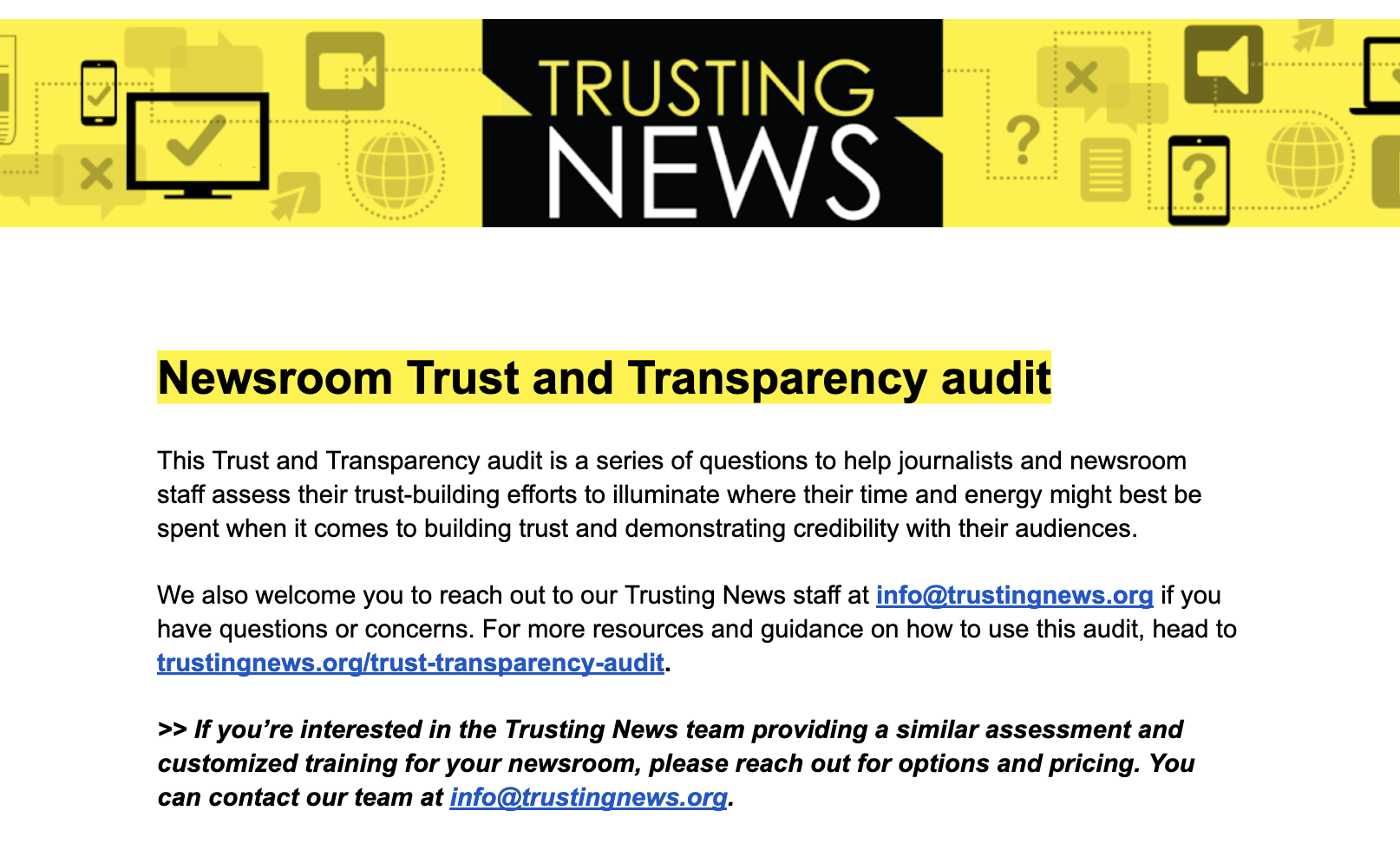 Joe Hagan’s new piece in New York magazine brings out a lot of excellent new information, but the most interesting from my point of view is his insight about the period after the AIG bailout and before the announcement of the new FDIC lending program. It seems things were worse than even I thought at the bank
Joe Hagan’s new piece in New York magazine brings out a lot of excellent new information, but the most interesting from my point of view is his insight about the period after the AIG bailout and before the announcement of the new FDIC lending program. It seems things were worse than even I thought at the bank
Matt Taibbi -- TrueSlant
Salvation came on November 25, a few days after Goldman’s stock price plunged to $52 a share, down from the year’s high of $200 and the lowest price the company had seen since it went public. Again, the white knight was the government. It turned out that Goldman’s conversion to a garden-variety bank-holding company offered an amazing advantage: Goldman now had access to incredibly cheap money. Exploiting its new status, Goldman became the first financial institution to sell $5 billion in government-backed bonds through the Federal Deposit Insurance Corporation, which allowed Goldman to start doing deals when the markets were at a near standstill. “Goldman was desperate for it,” says a prominent Goldman alumnus. “Everybody knows it. Those FDIC notes they got were lifesaving because they couldn’t issue any debt. If it had gone on another week or two, Goldman would have failed, they would have gone the way of Lehman, and you’d be talking about Lloyd the way you talk about [Lehman CEO] Dick Fuld.”
via Is Goldman Sachs Evil? Or Just Too Good? — New York Magazine.
Joe Hagan’s new piece in New York magazine brings out a lot of excellent new information, but the most interesting from my point of view is his insight about the period after the AIG bailout and before the announcement of the new FDIC lending program. It seems things were worse than even I thought at the bank, with then-COO John Winkelreid putting up his Nantucket house for sale in order to raise quick cash and management discussing taking the company private to avoid catastrophe. Hagan describes a bank that was in crisis, its share price plummeting to $47, one that was really rescued by the FDIC program, which made bank holding companies (which Goldman had just become, thanks to a hurried conversion) eligible for billions in government-backed lending.
Hagan also includes this detail, about what’s happening with recruitment at Goldman:
Now that the firm is viewed as a virtual rogue state with interests contrary to the greater good, Goldman might attract a different breed of recruit—less Robert Rubin, more Gordon Gekko. Or fewer recruits in general: A human-resources executive at Goldman Sachs, Edith Cooper, says she counted about 20 percent fewer people at recent on-campus recruitment seminars.
Read The Entire Story

 Joe Hagan’s new piece in New York magazine brings out a lot of excellent new information, but the most interesting from my point of view is his insight about the period after the AIG bailout and before the announcement of the new FDIC lending program. It seems things were worse than even I thought at the bank
Joe Hagan’s new piece in New York magazine brings out a lot of excellent new information, but the most interesting from my point of view is his insight about the period after the AIG bailout and before the announcement of the new FDIC lending program. It seems things were worse than even I thought at the bank 








